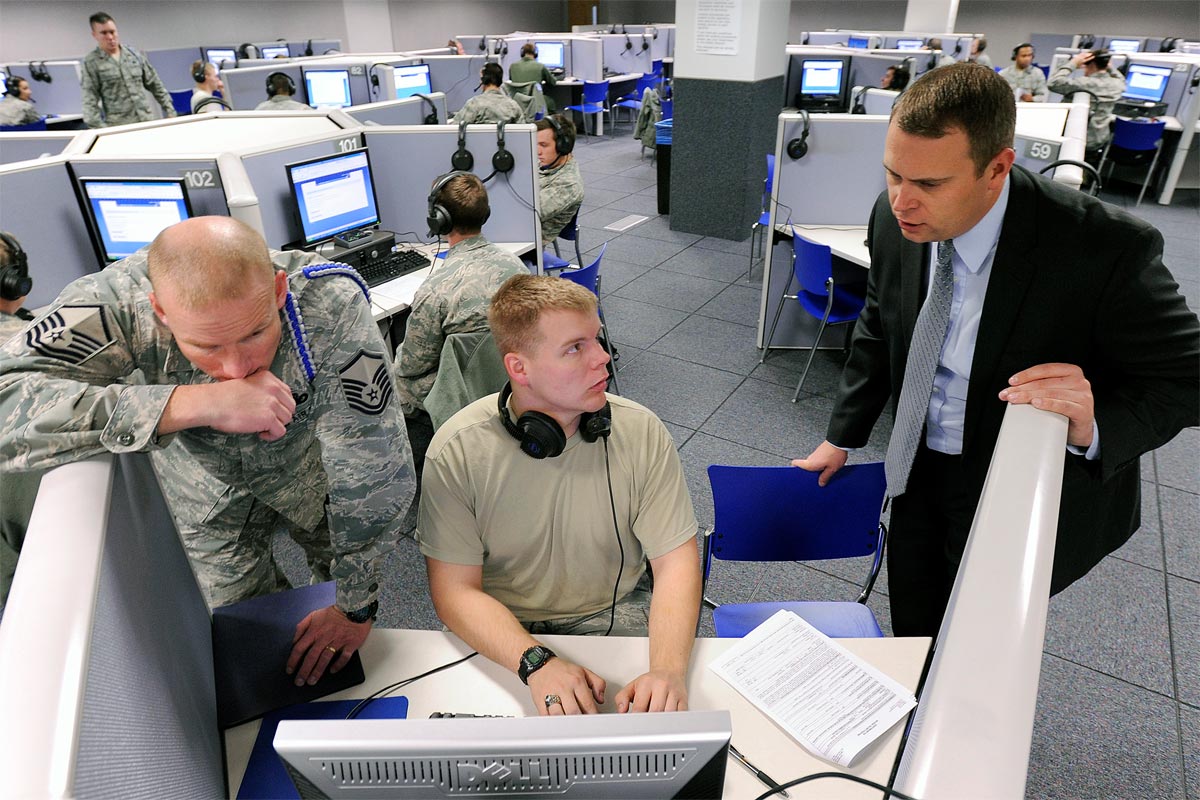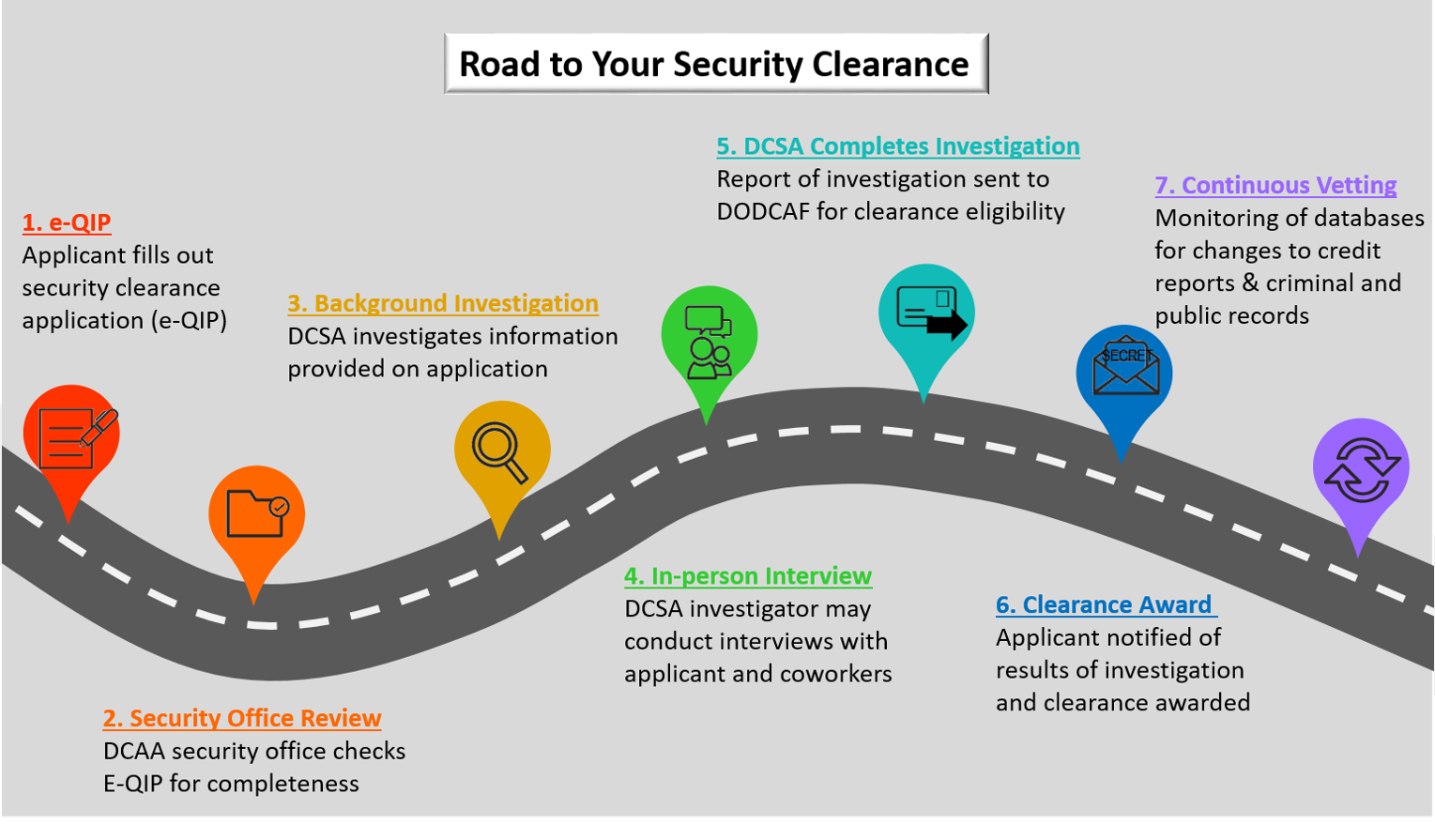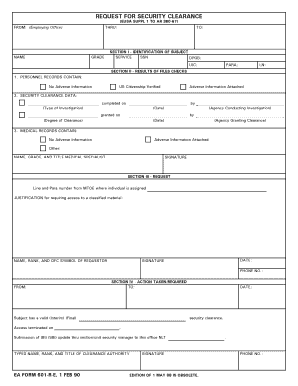Army Security Clearance Regulation
When it comes to obtaining a security clearance in the Army, the process can be quite rigorous. The Army Security Clearance Regulation outlines the guidelines and requirements soldiers must meet in order to be granted this important privilege. In this article, we will explore the ins and outs of Army security clearance, including the process, eligibility criteria, and frequently asked questions.
Why is Army Security Clearance Important?
Army security clearance plays a vital role in ensuring the safety and security of our nation's defense. It allows soldiers to gain access to classified information and facilities, enabling them to perform their duties effectively. By conducting thorough background checks and investigations, the Army ensures that only trustworthy individuals are granted clearance, thereby safeguarding sensitive information.
The Process of Obtaining Army Security Clearance
The process of obtaining Army security clearance involves several stages, from initial application to final adjudication. Here is an overview of the steps involved:
1. Application Submission

The first step is to submit an application for security clearance through the appropriate channels. This typically involves filling out forms and providing detailed personal information, employment history, and references.
2. Background Investigation
Once the application is submitted, a thorough background investigation is conducted. This includes interviews with the applicant, their references, and checks on their finances, criminal records, and personal associations.
3. Interviews and Field Investigator's Report

In this stage, the applicant may be interviewed by field investigators who evaluate their character, trustworthiness, and potential vulnerabilities. The findings from these interviews, along with the field investigator's report, play a crucial role in the adjudication process.
4. Adjudication
The final stage involves the adjudication process, where a decision is made regarding the granting of security clearance. This decision is based on a holistic review of the applicant's background, character, and qualifications. Clearance can be granted at various levels, including Confidential, Secret, and Top Secret.
Eligibility Criteria for Army Security Clearance
While specific eligibility criteria may vary depending on the type of clearance sought, there are some general guidelines that apply:
- U.S. Citizenship: Applicants must be U.S. citizens or have a valid immigration status.
- Background Check: A thorough background investigation is conducted to assess the applicant's character, loyalty, and trustworthiness.
- Financial Responsibility: Applicants must demonstrate financial responsibility and not be under significant debt or subject to financial pressures.
- Criminal History: Serious criminal offenses may disqualify individuals from obtaining security clearance.
FAQs about Army Security Clearance
Q: How long does the security clearance process take?
The duration of the security clearance process can vary depending on a range of factors, including the level of clearance sought, the complexity of the applicant's background, and the current workload of the investigative agencies. Generally, the process can take anywhere from a few months to over a year.
Q: Can you obtain security clearance without joining the military?
Yes, it is possible to obtain security clearance without joining the military. Many government agencies and private contractors require employees with security clearance, and they often sponsor individuals for the necessary investigations.
Q: Can security clearance be revoked?
Yes, security clearance can be revoked if new information arises that raises doubts about the individual's trustworthiness or loyalty. Personal conduct, financial irresponsibility, and criminal activities can all be reasons for revocation.
In conclusion, Army security clearance is a crucial aspect of ensuring the confidentiality and integrity of classified information. By following the rigorous guidelines outlined in the Army Security Clearance Regulation, the Army is able to evaluate individuals and grant clearance to those who have demonstrated the necessary qualifications and trustworthiness. If you are interested in pursuing a career that requires security clearance, it is essential to familiarize yourself with the process and eligibility criteria.
How To Get A Security Clearance (Without Joining The Military!) - YouTube
 Image Source : www.youtube.com
Image Source : www.youtube.com Army Jobs With Top Secret Clearance - Army Military
 Image Source : armymilitary.net
Image Source : armymilitary.net Security Clearance Levels (2023)
 Image Source : cryptocoached.com
Image Source : cryptocoached.com Army Security Clearance Denied Alcohol
 Image Source : odekeaneg.blogspot.com
Image Source : odekeaneg.blogspot.com What’s A Security Clearance Worth? | Infographic, Security, Military
 Image Source : www.pinterest.com
Image Source : www.pinterest.com clearance security
How The Security Clearance Process Works > DCAA > Article View
 Image Source : www.dcaa.mil
Image Source : www.dcaa.mil security steps defense
Army Security Clearance Denied Alcohol
 Image Source : odekeaneg.blogspot.com
Image Source : odekeaneg.blogspot.com Security Clearance Form - Fill And Sign Printable Template Online
 Image Source : www.uslegalforms.com
Image Source : www.uslegalforms.com Army jobs with top secret clearance. What’s a security clearance worth?. Security clearance form. Security clearance levels (2023). Security steps defense